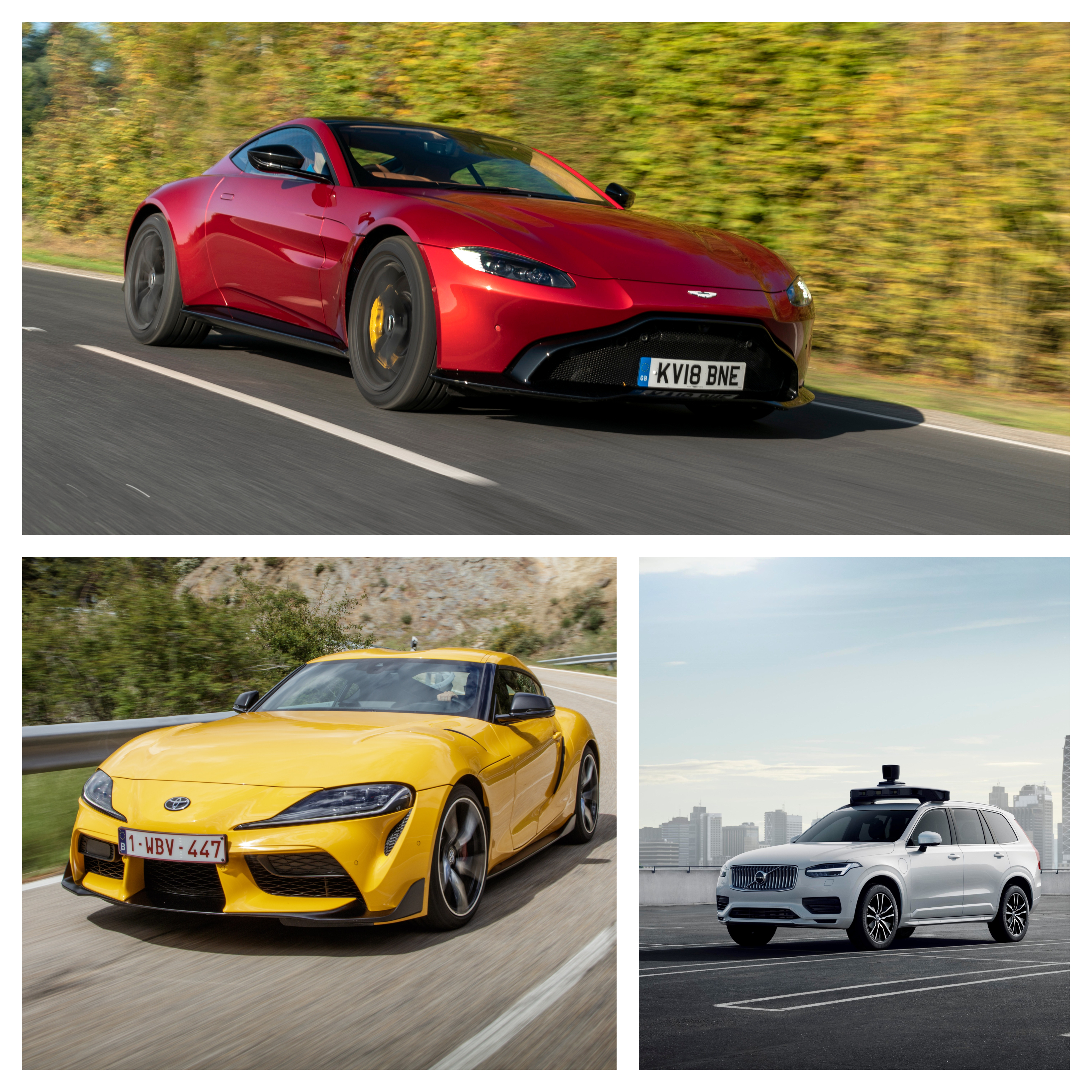Making cars is a complicated and expensive business. That’s why manufacturers often team up to share technologies and know how. It makes the process simpler and cheaper, and the end result is often beneficial to the consumer.
However, these alliances can fly under the radar of the regular punter. Even if you’re aware that companies work together, you might be surprised to learn just how deep some of these alliances run. So we’ve put together a list of some of the biggest and most surprising automotive alliances in the industry…
VW Group
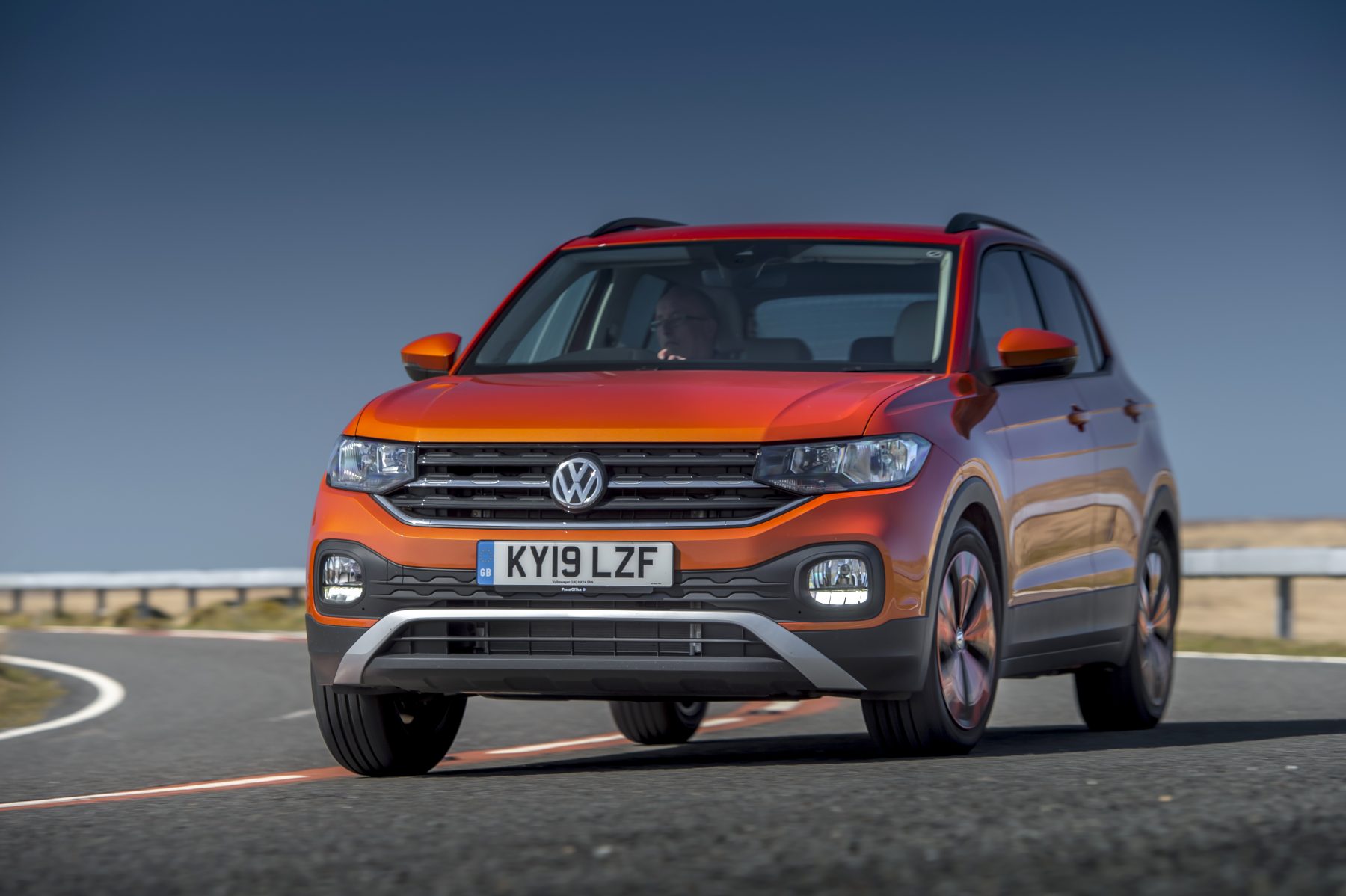
This is the one that most people know but perhaps aren’t aware just how deep the parts sharing goes. The VW Group owns a huge number of manufacturers including Audi, Bentley, Lamborghini, Porsche, Seat, Skoda… and Volkswagen, unsurprisingly.
The vast majority of vehicles, particularly in the more mainstream brands, use a shared ‘platform’ known as MQB. What this means is that ‘hard points’ are standardised, so stuff like crash structures, engine mount points and electrical system mount points are all the same.
Therefore, VW Group manufacturers can fit a variety of engine types, infotainment systems and everything else you can think of, so long as they’re built to fit the platform. Other parts get shared, too. The engine, for example, could be essentially the same in a Seat or Skoda.
The downside is that all of these models can feel the same, but VW has done a pretty good job of giving each a slightly distinct character.
Renault-Nissan-Mitsubishi Alliance
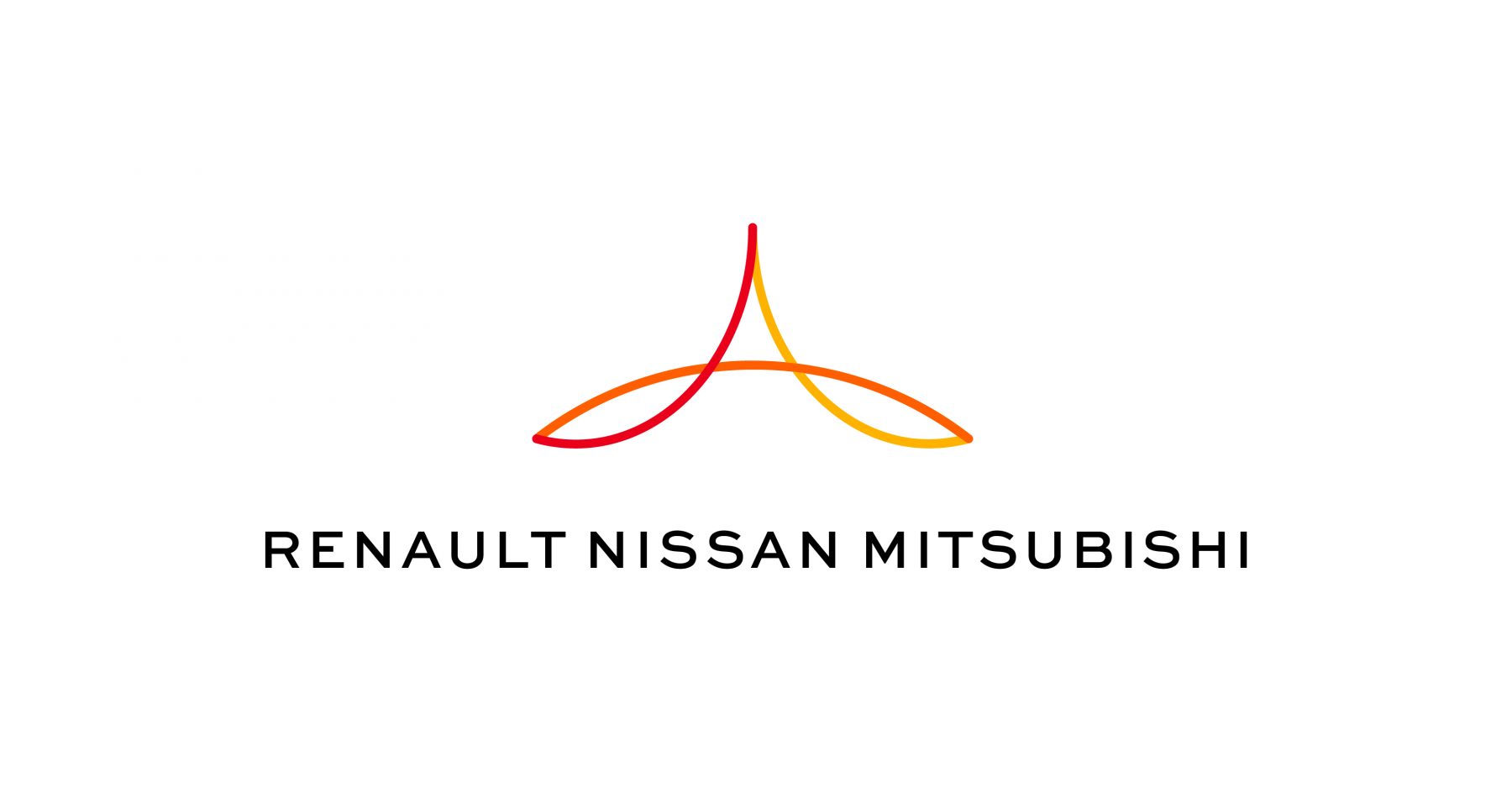
This trio has been making headlines recently. It has been involved with a potential merger with Fiat Chrysler Automobiles that, if it had gone through, would have created one of the biggest car makers in the world.
Instead, the trio remains in a strategic alliance that sees them share technology and know-how to advance their research and development more quickly and for less money.
Ionity
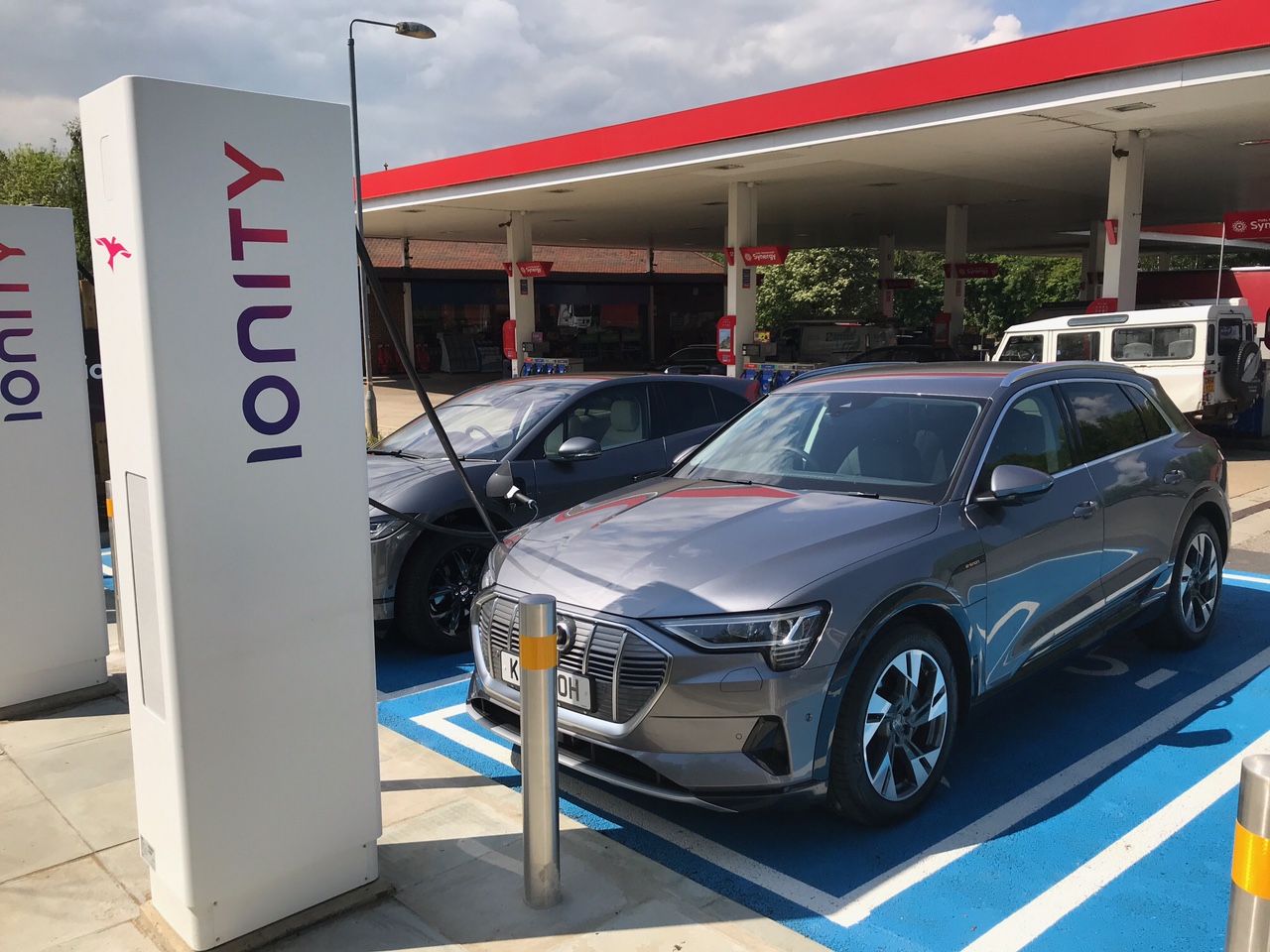
As the industry shifts towards electrification, creating all-new powertrains and the networks to support them are proving too daunting for manufacturers to go alone. That’s why we’re seeing a few unlikely partnerships begin to blossom, none more so than Ionity.
This is a new high-speed electric vehicle recharging network that’s being funded by BMW Group, Daimler, Ford, Volkswagen, Audi and Porsche. There are some rivals here – direct and indirect – which shows just how seriously these carmakers are taking the need to build EV infrastructure quickly. It’s all for the greater good…
Toyota and BMW
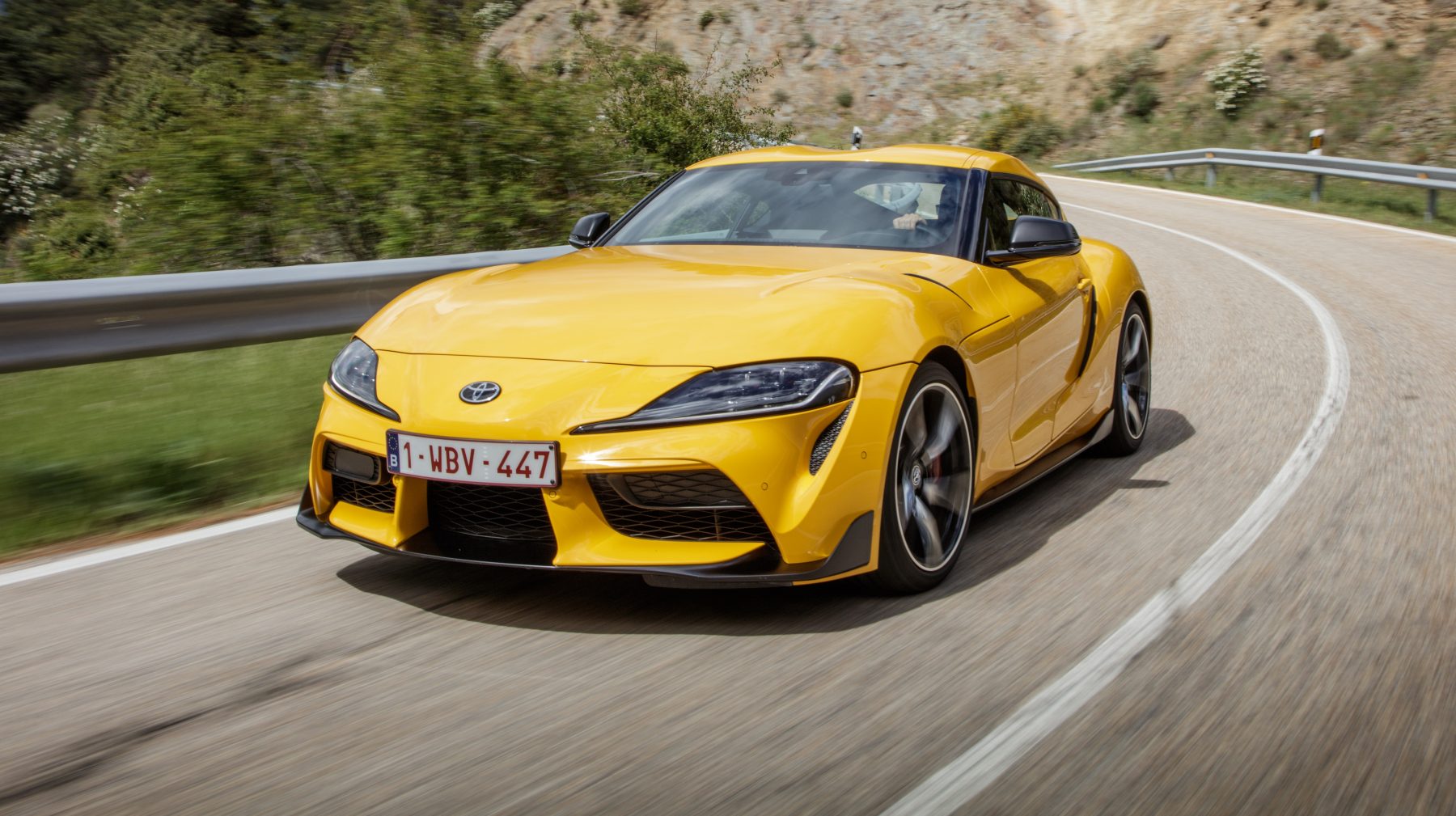
There has been speculation about a new Supra, Toyota’s iconic sports car, ever since the last generation went off sale in 2002. This year, finally, the icon was reborn – and it was largely thanks to BMW.
Back in 2012, Toyota had decided it wanted to remake its sports car, but wanted it to have an inline-six-cylinder engine like the old one. It didn’t make one anymore, but BMW did, and rather than invest in a new engine for a single, low-volume car, bosses flew to Germany to make a deal with the Germans.
They eventually agreed to collaborate on a project that would see Toyota help fund the development of a pair of sports cars — the Supra and the latest Z4 — using a BMW engine.
Toyota and Suzuki
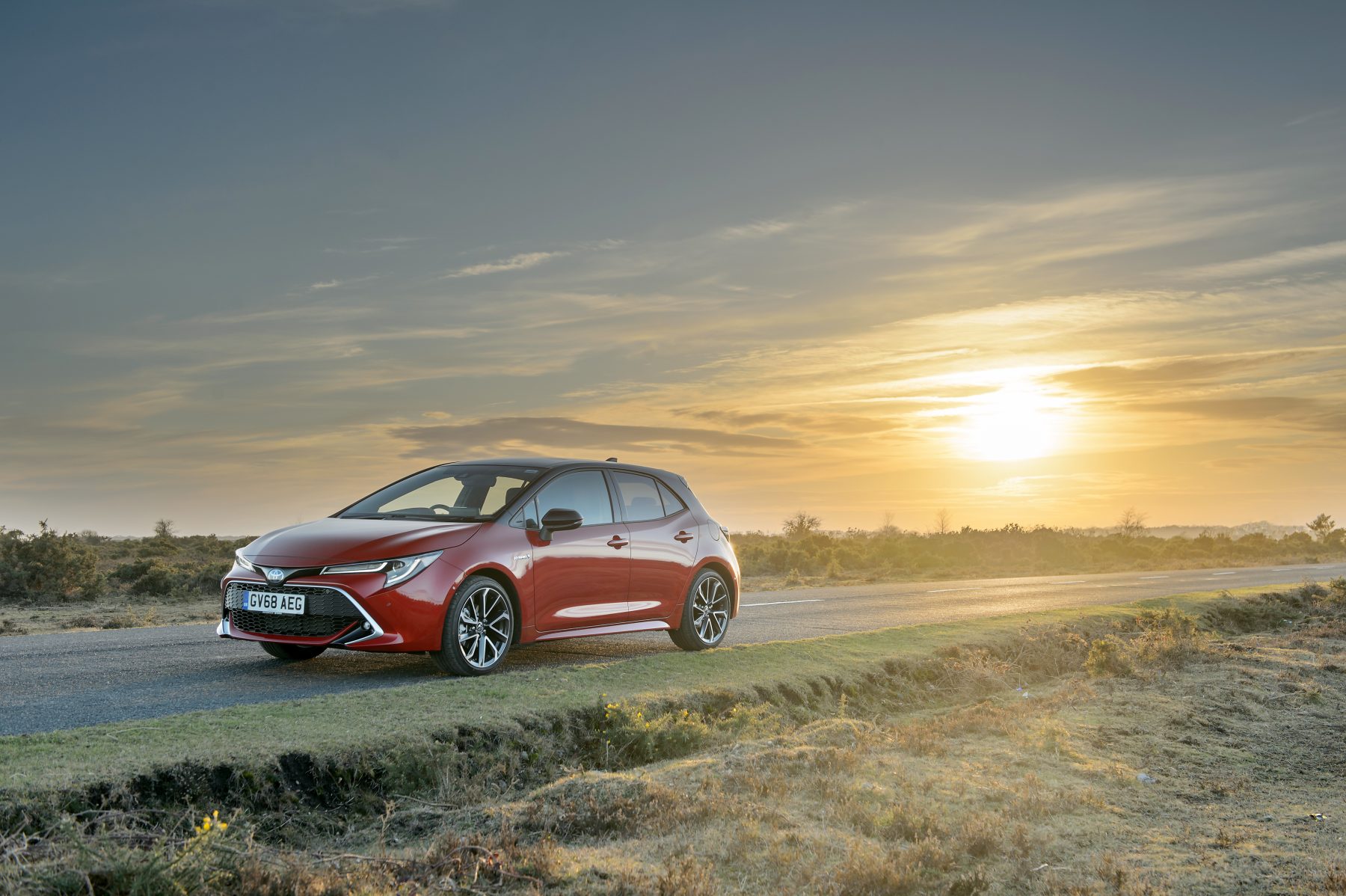
One of the more UK-relevant collaborations here is, perhaps unexpectedly, between two Japanese firms. Toyota currently builds its European market Corolla here in the UK, and the underpinnings for that car will soon form the basis of a Suzuki car — quite likely the next-generation Baleno.
Like the Corolla, it will be built in the UK at Toyota’s Derby plant, with the firms also collaborating on the development of hybrid technologies going forward.
Hyundai and Rimac
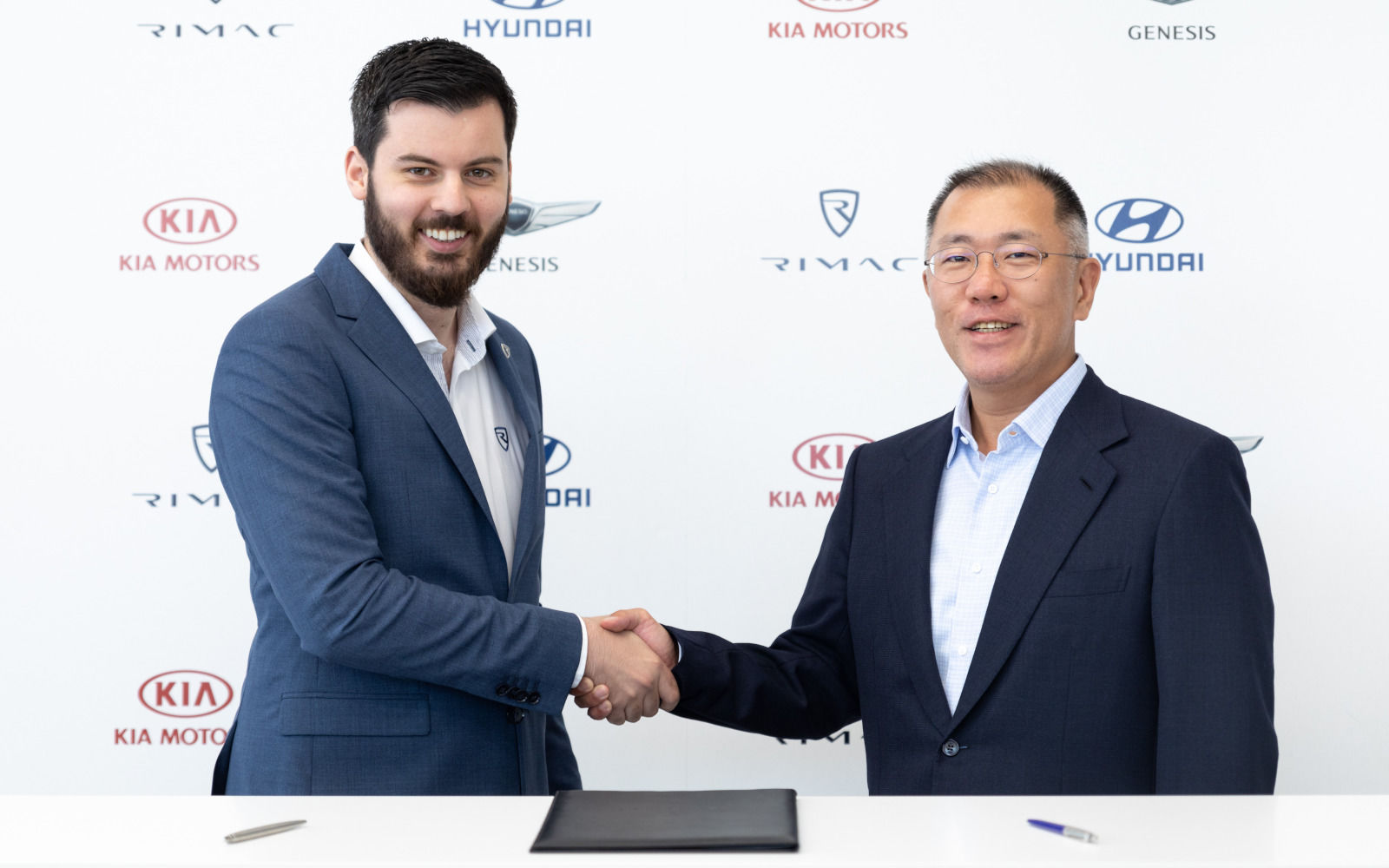
Rimac is a very niche manufacturer of electric supercars, so it may be strange to hear that Hyundai — one of the largest firms in the world — is looking to them for development assistance. Well, that’s exactly what it’s doing with its upcoming halo ‘N’ car, because the bigger part of Rimac’s business is building and selling electric vehicle components, such as batteries and powertrains.
N is Hyundai’s performance arm, and it has never made a full-blown sports car before. With that in mind, it makes sense to utilise the expertise of a boutique supercar manufacturer to aid with developing a serious machine. Rimac isn’t getting the short end of the stick either, with a reported $90m (about £71m) invested into the firm by Hyundai.
Volvo and Uber
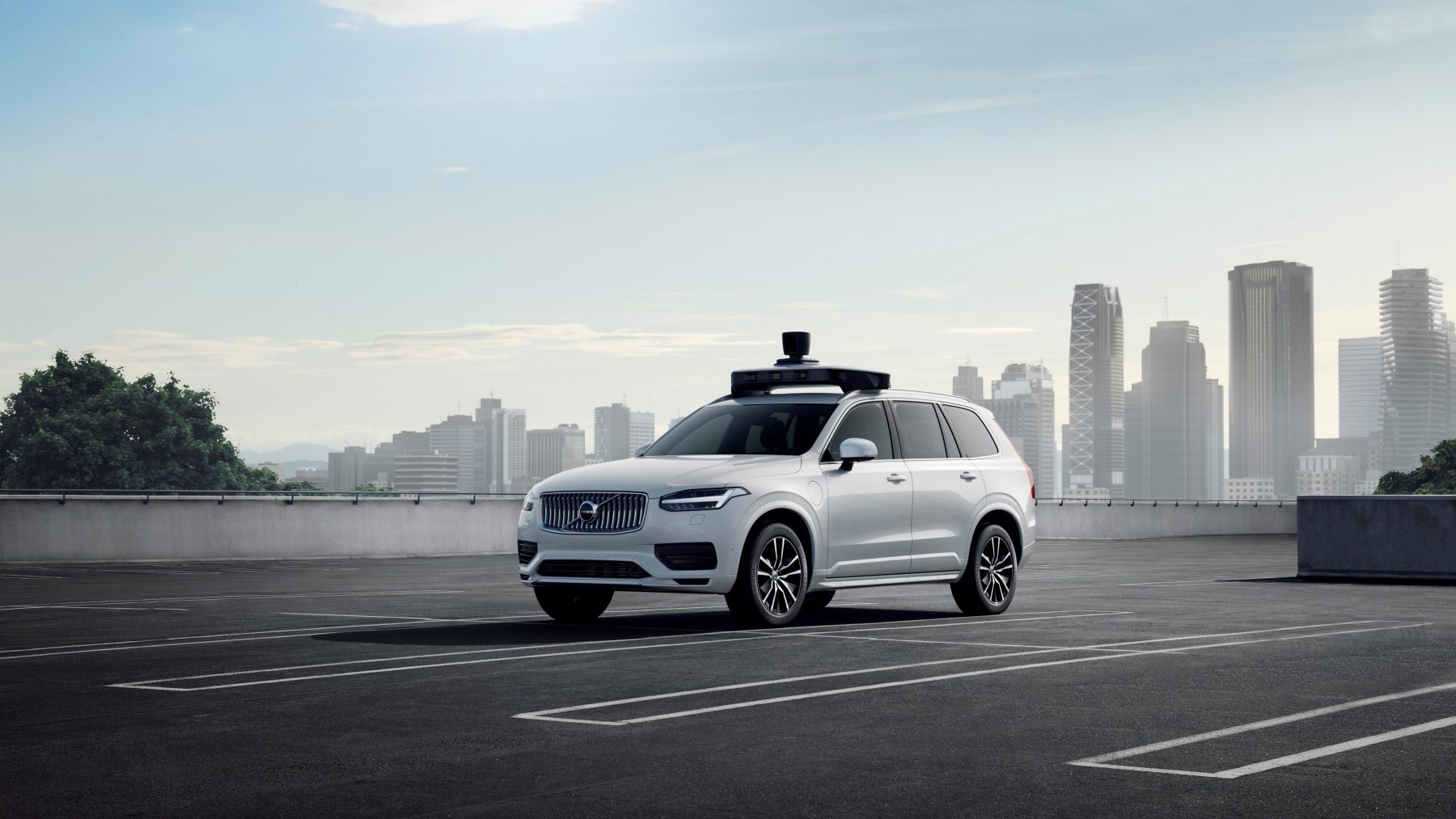
You may think of Uber as just a ride-hailing app, but there’s much more to the firm than just that. In recent years, it has been working with the Swedish premium car manufacturer to accelerate development on driverless cars with the goal of using the tech as part of its service.
The two firms just showcased what is reportedly the first ever production-ready self-driving car — an XC90 SUV kitted out with an abundance of radars and sensors. No word on plans for sales though, with current legislation likely to hinder public availability anytime soon.
Aston Martin and Mercedes
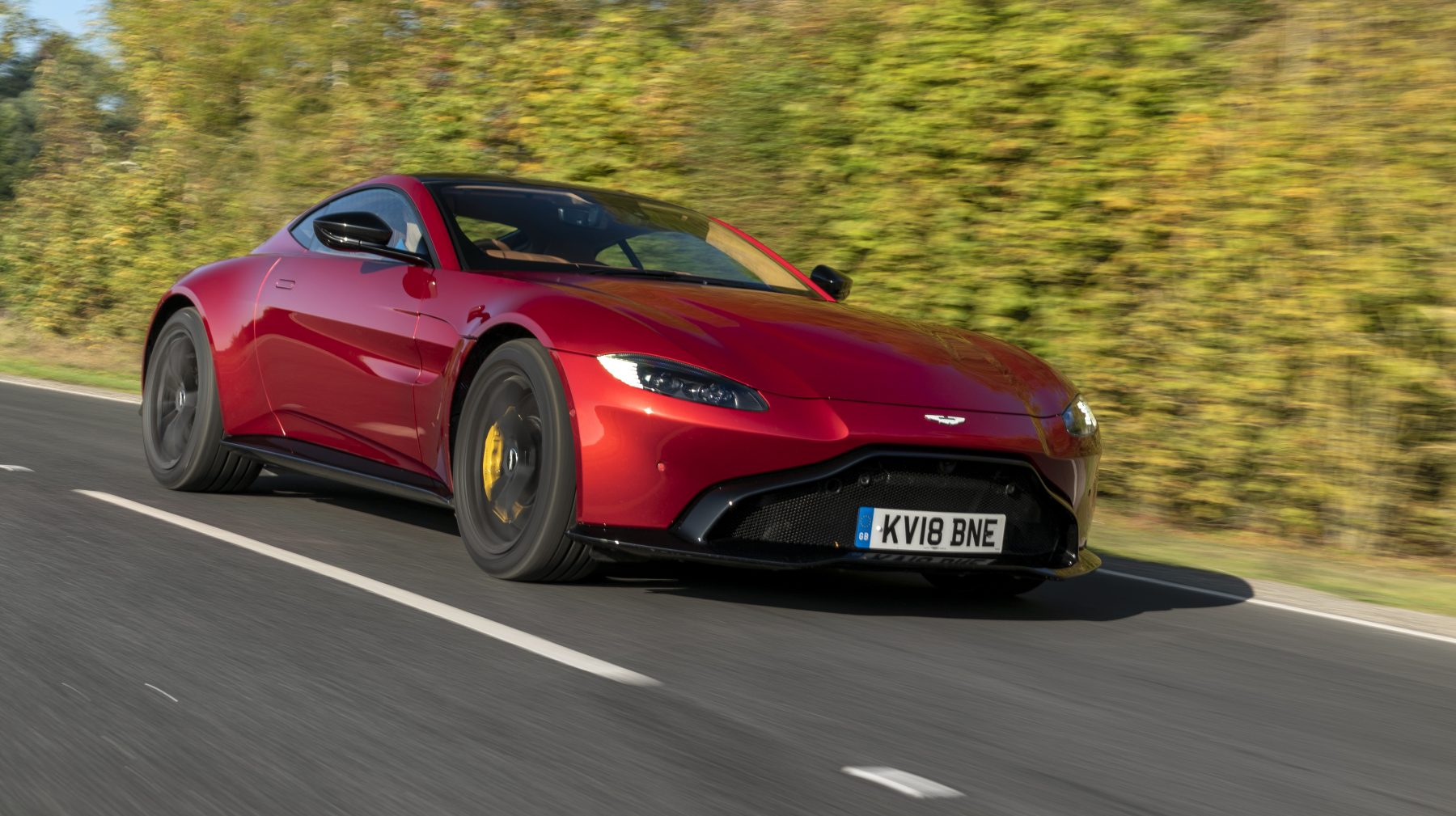
Considering Aston Martin is such an icon of British history, it might shock you to learn that it is part-owned by Mercedes’ parent company Daimler. With a five per cent stake, the Germans don’t have much say in the running of the company, but it does mean Aston Martin gets access to AMG’s fantastic V8 engine (as well as some other less exciting bits like interior switchgear).
Aston Martin is still largely creating its own cars, responsible for the design, platform and development of its V12 engines, but this deal with Daimler reduces development costs and complexity – vital for such a small company.

